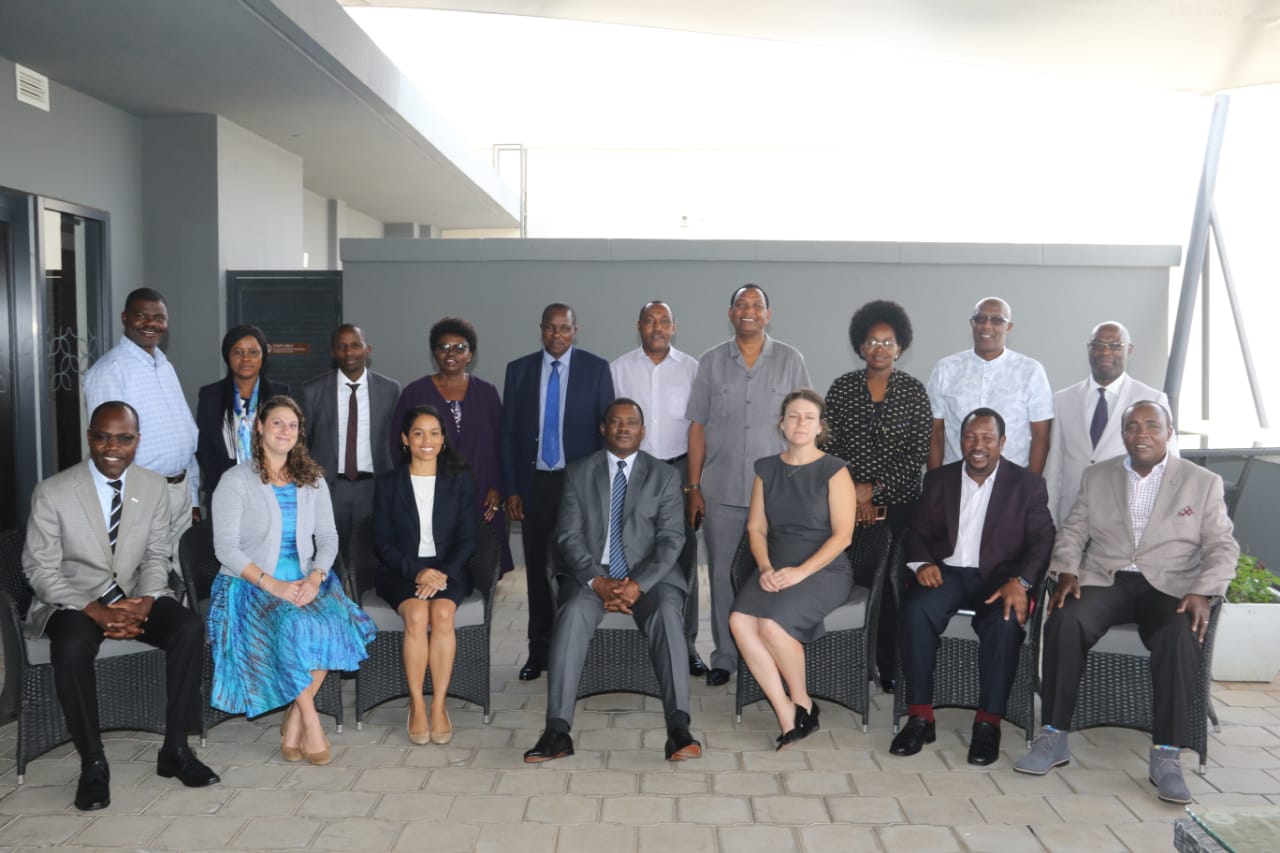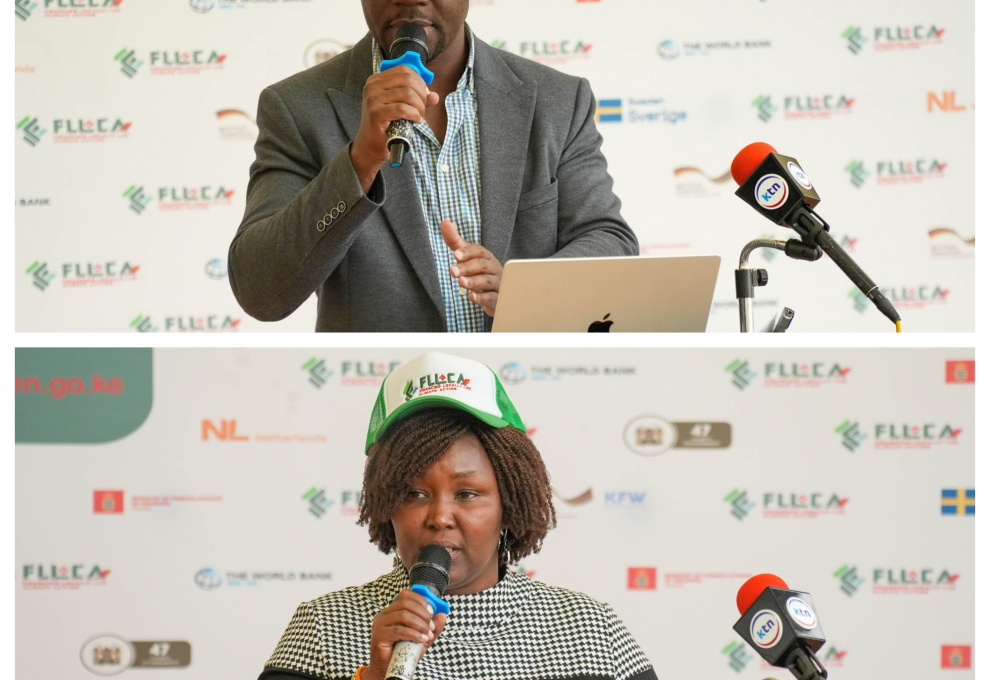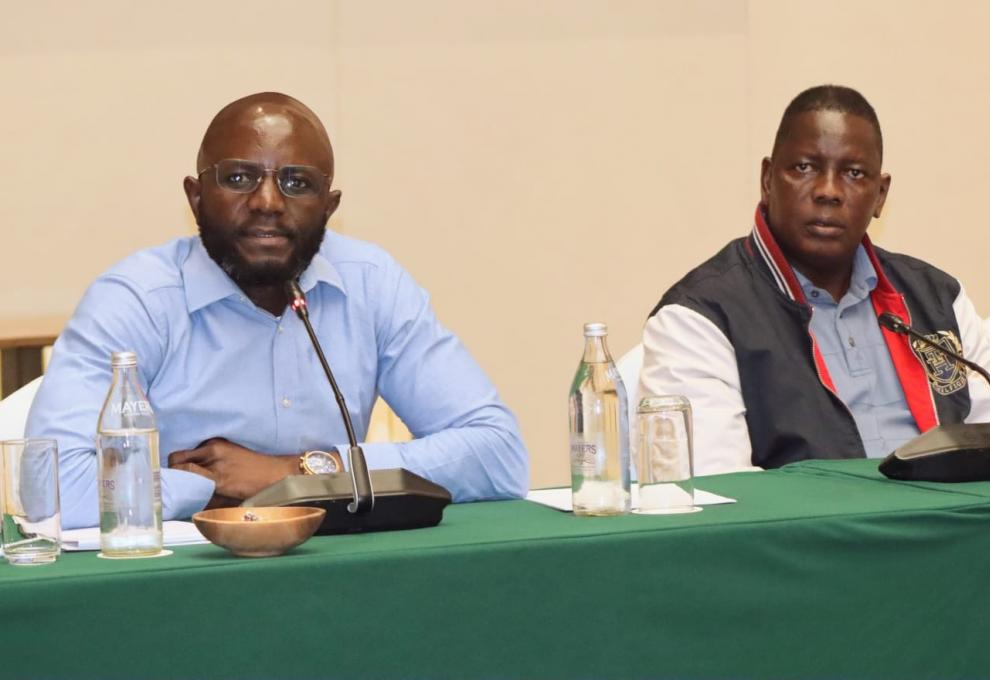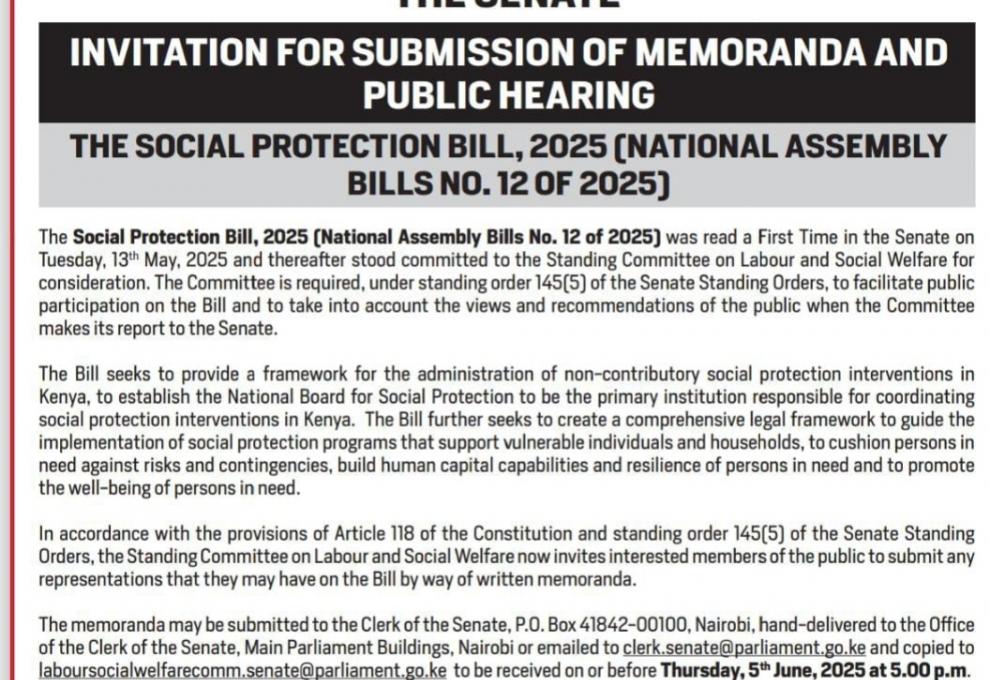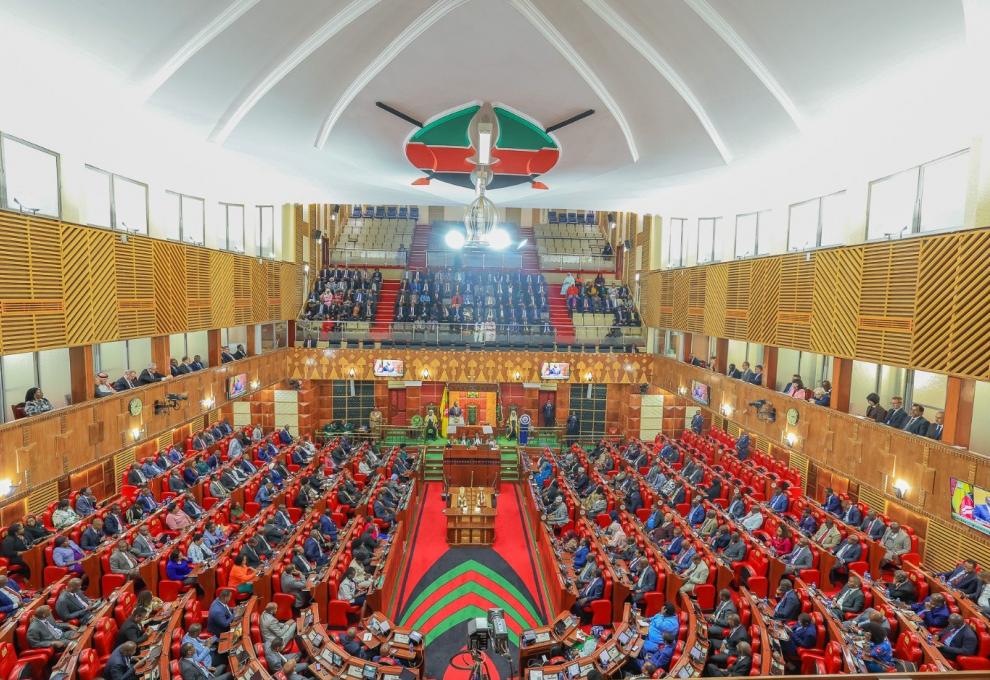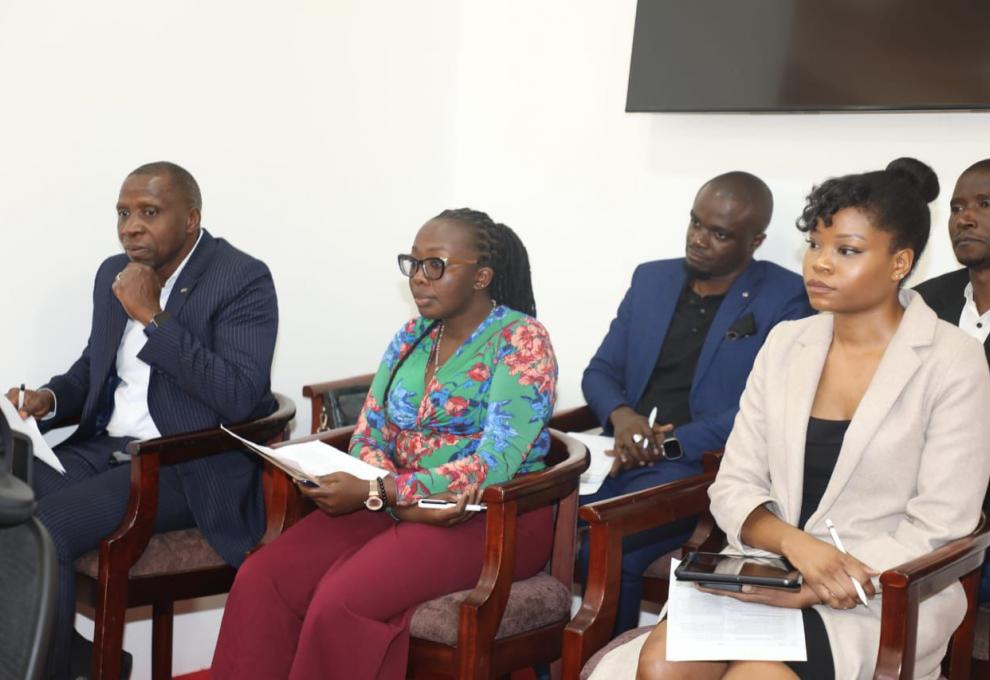House Committee Mulls over Strengthening the Ethics Committee
The Committee on Powers and Privileges in the National Assembly has underscored the need to either strengthen the Parliamentary Powers and Privileges Committee or simply establish a specific House Committee to deal with any complaints on Standards and Ethics of Members of Parliament and staff to fully actualize the provisions of Article 75 (Conduct of State Officers), 76 (Financial probity of State Officers) and 77 (Restriction on activities of State officers)
Drawing experiences from reports of increased scrutiny of Parliaments and Parliamentarians in a the Congress of USA and number of other legislatures and which places ethics, standards and accountability among the top tenents that the public wish are demonstrated by their elected representatives, the Committee holds the opinion that while in the past the House has focused on the privileges of legislators, it would be important to raise the bar as contemplated under Chapter 6 of the Constitution.
The Committee, which is this weekend attending a workshop on Ethics and Standards, has also cast a spotlight on the need to review the structure of the Powers and Privileges Committee, as well as its leadership to ensure that the Committee lives to the billing of its set mandate. The workshop is co-hosted and facilitated by the National Democratic Institute (NDI) in partnership and the House Democracy Partnership.
Speaking when he opened the workshop at the Hilton Garden Inn hotel in Nairobi, the Speaker of the National Assembly Hon.Justin Muturi, who also chairs the Committee, called upon the Membership to consider introducing amendments to the Powers and Privileges Act, 2017 with a view to ensure it fully responds to the spirit and provisions of Chapter Six of the Constitution of Kenya which seeks to inject integrity within public Leadership.
"As you may all have noted, it is not possible for this Committee to address all the concerns that emerge on the Standards and Ethics of House Membership. Furthermore, it is not tenable for either of the House Speakers to continue chairing this Committee, as any output of an inquiry by the Committee may end up putting into compromise the Office of the Speaker, which is not fair," Speaker Muturi noted.
He observed that since the Committee presents its report to the floor of the House, where the Speaker will be required to again preside over debate on the report, it would be more prudent to have another Member, and not necessarily the Speaker, chair the Committee.
While taking the Committee through the provisions of Chapter Six of the Constitution during his opening remarks, he revealed that most legislators may have violated some the provisions without their knowledge due to lack of sensatization on the provisions. He thus opined that the establishment of a Committee on Ethics or an office to handle formal, advice, education could help step up enforcement to the implementation of the law, hence putting the political class on a high pedestal of scrutiny.
The Speaker also the spoke to the real burden that come to the door of the Office of a Member of Parliament, the tangible expectations of the electorate versus the expectations of the supreme law. “A House of Parliament is a reflection of the society, its expectations and its culture”. He observed.
On his part, Clerk of the National Assembly, Mr. Michael Sialai noted that with emerging concerns on relations between Legislators and their employees; Parliamentary staff as well as their personal staff, had brought sharp focus on the need for the establishment of Parliamentary Standards and Ethics. He cited cases where Committees of the House have had to turn down requests for trips and other enticements which were deemed to fall within matters of conflict of interest or perceived to be prejudicial to the discharge of legislative or oversight functions of the House.
NDI Country Director Mr.Dennis Omondi observed that the forum was a good opportunity for the Committee which is responsible for the enforcement of integrity among Members to deliberate with a view to upholding public confidence and integrity for lawmakers; very crucial virtues for the institution of Parliament.
Key resource persons in the 2-day workshop; Ms. Karena Dees and Ms. Sheria Clarke, both of whom have remarkable expertise on Ethics generated from their interactions with the US House of Representatives' Committee on Ethics, will be sharing their Congressional experiences with the Committee Members and are expected to guide this Committee, as well as those of the House Rules and Procedures on how to enrich the existing code of conduct for Members in line with the provisions of Chapter 6 of the Constitution.
The workshop comes at a time when the media and the general public has cast a spotlight on the integrity of State and Public Officers across the governance spectrum. As has been acknowledged by Members attending the forum, current insatiable demands among the electorate for higher ethical standards among leaders-to match up to those in the developed democracies, is likely to potentially clash with political cultures and traditions in emerging democracies, notwithstanding the need to reinforce the current ethics model to promote good governance and accountability.



